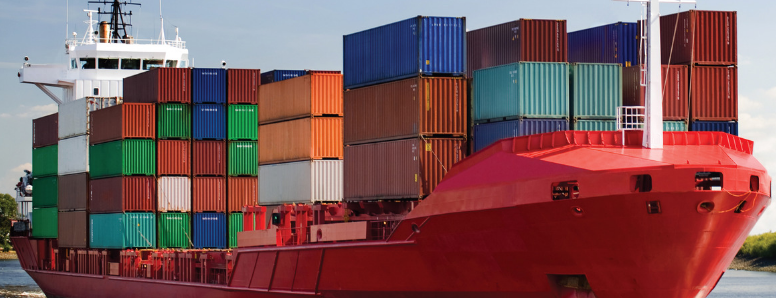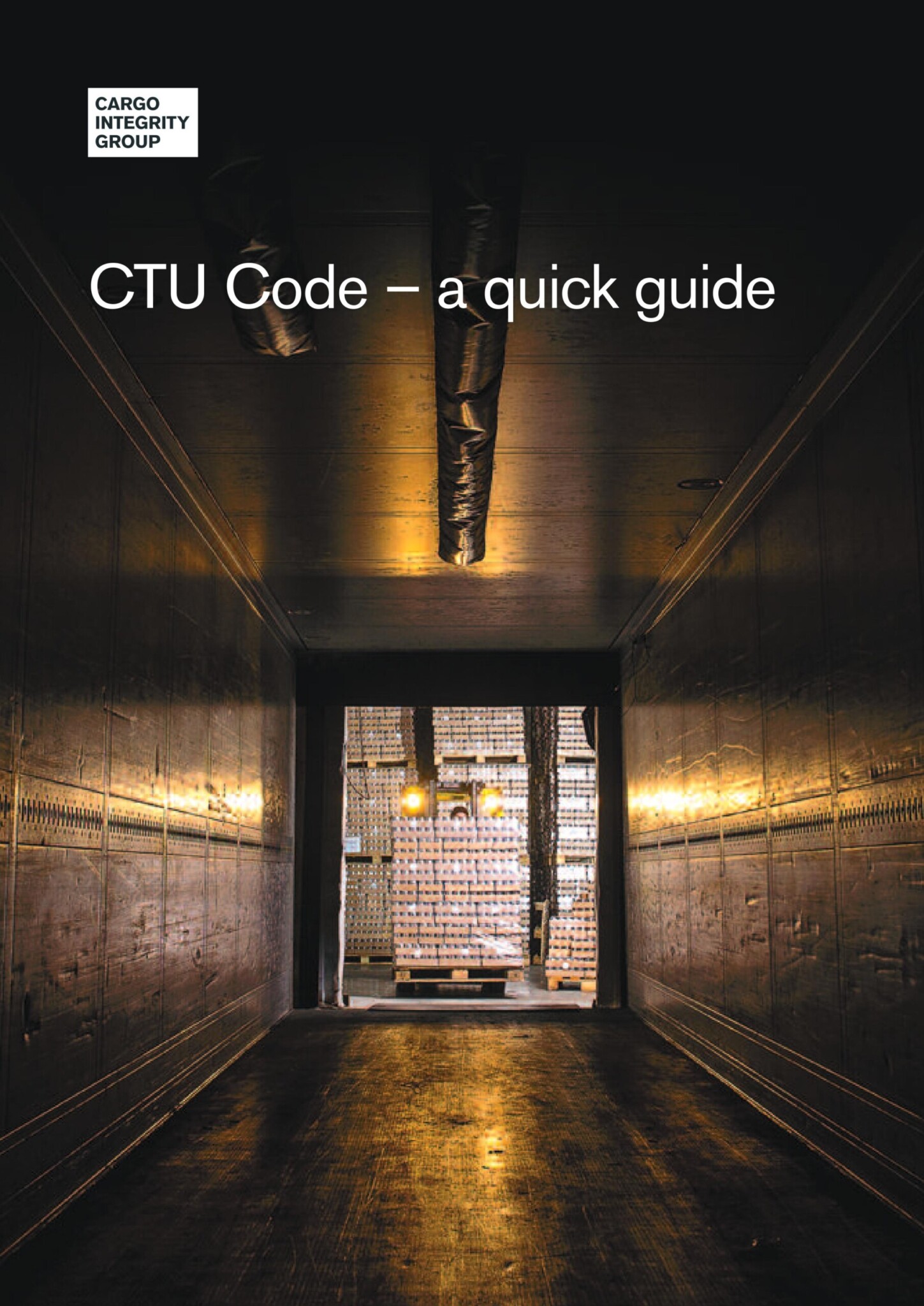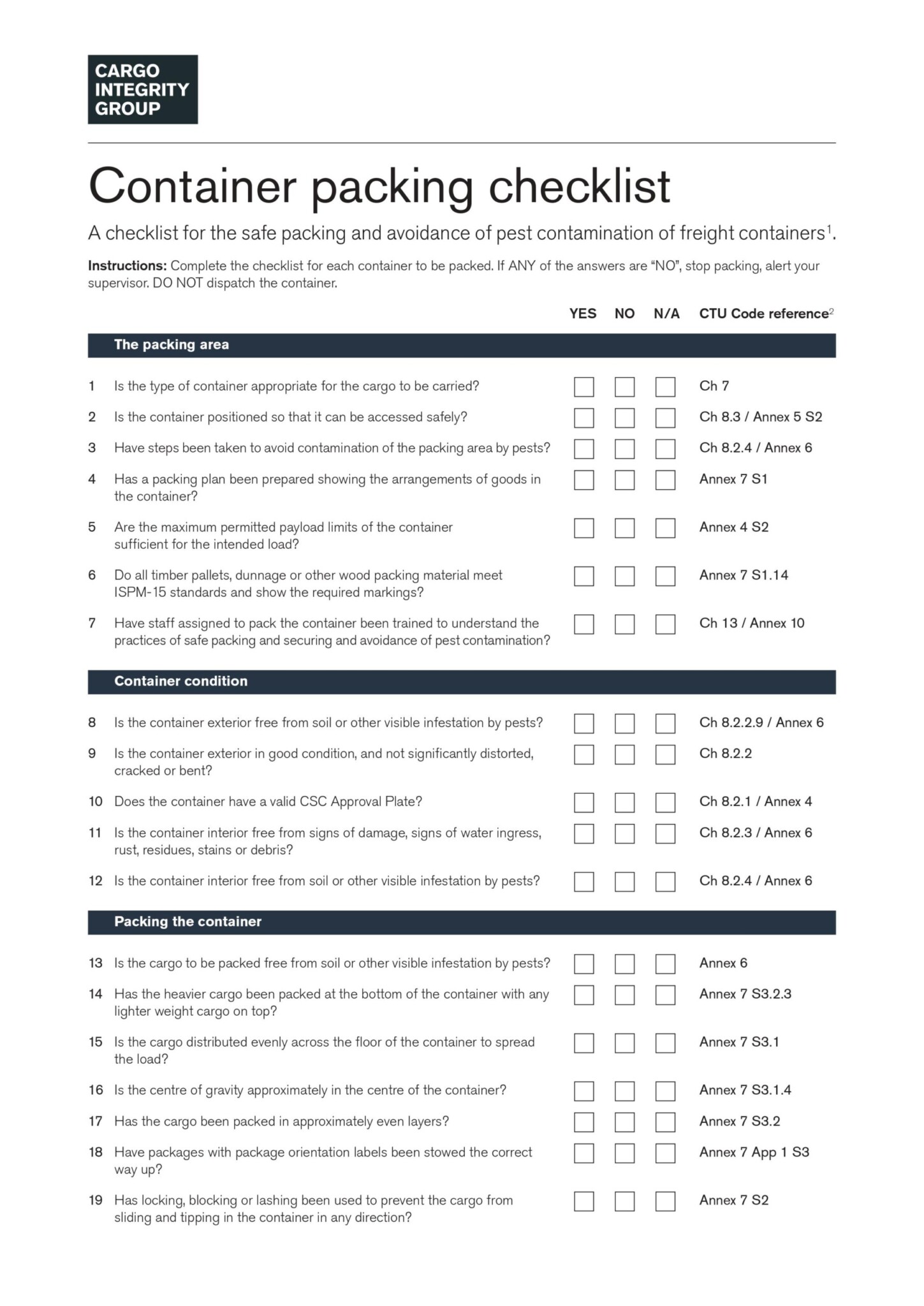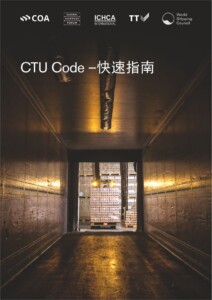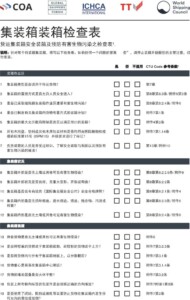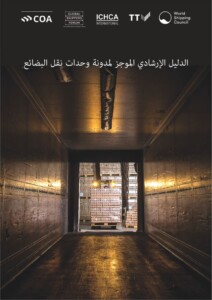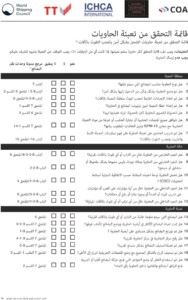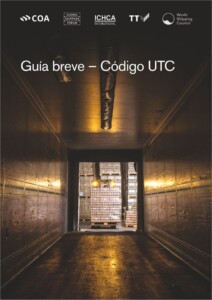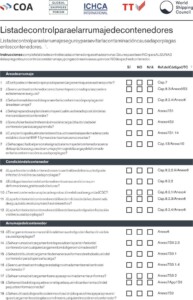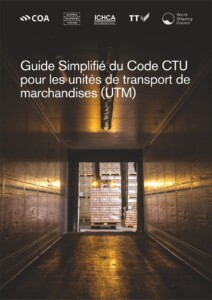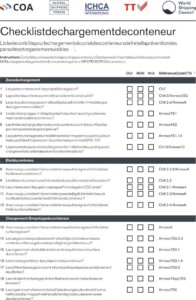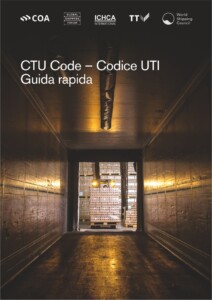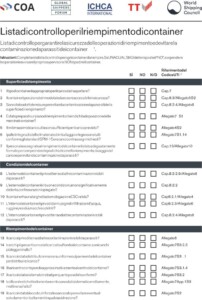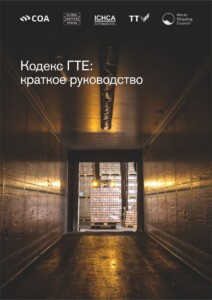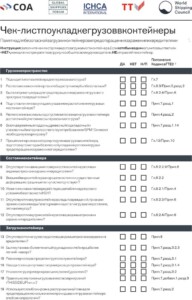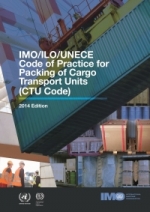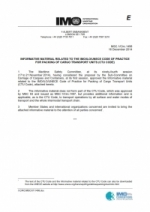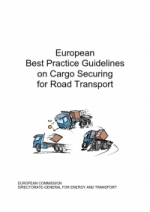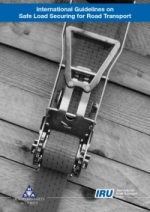Cargo Integrity Group
The “Cargo Integrity Group” is a partnership of industry associations seeking to raise awareness and greater uptake of the IMO/ILO/UNECE Code of Practice for Packing of Cargo Transport Units (2014) – often referred to as CTU Code.
The associations joining with ICHCA on this initiative are: Bureau International des Containers (BIC), Container Owners Association (COA), International Federation of Freight Forwarders Associations (FIATA), Global Shippers’ Forum, TT Club and World Shipping Council (WSC)
Quick Guide to the CTU Code
Working extensively with the Cargo Integrity Group partners, we have compiled ‘CTU Code – a quick guide’ as a route-map for the broad industry to engage more successfully with the CTU Code and to assist wider understanding of good packing practices.
Using diagrams aimed to clarify the entire process and icons to emphasise key do’s and don’ts, the condensed text follows the end-to-end cargo packing process, in much the same way as the CTU Code itself, with appropriate references to the full Code.
Container Packing Checklist
The Cargo Integrity Group also devised this added-value clear process checklist for intermodal freight containers for safe packing and avoidance of pest contamination based on CTU Code. This checklist sequences the main check-points from a container packer’s perspective, supporting sound decision-making. Successful completion facilitates safe and secure dispatch of a container. Use of this can be in paper form or as an editable PDF; this may be retained as a record of the packing process for each packed container.
Both the Quick Guide to the CTU Code and Container Packing Checklist are available in 7 languages and can be download using the links below.
Key documents
Useful links & documents
First session | Second session | Third session | Fourth session
Knowledge and training resources on the CTU Code:
UNECE searchable website | ILO | IMO | UNECE
European Commission Road Safety Rules and Guidelines
International Road Transport Union (IRU) Guidelines

